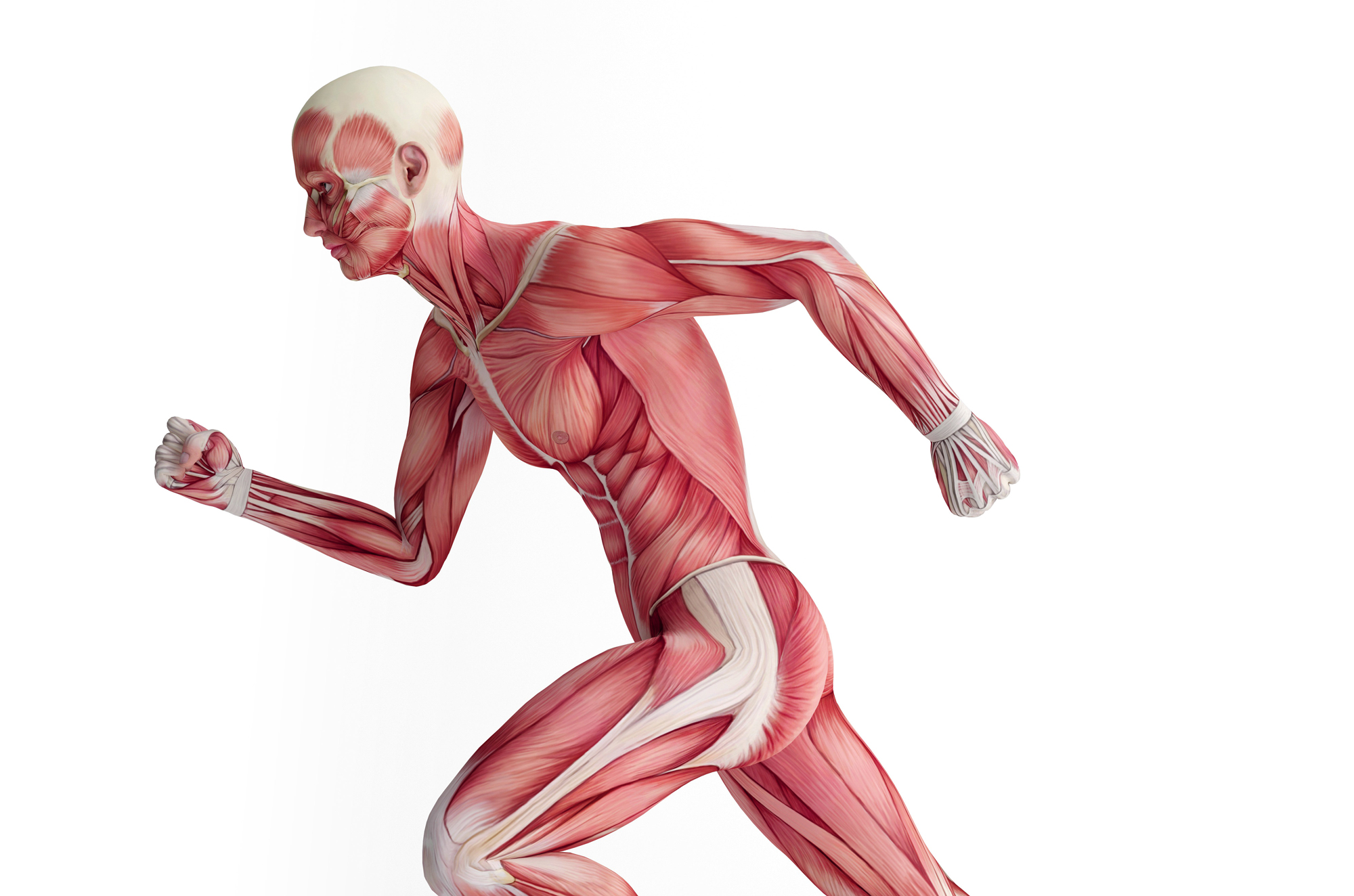Muscles Games and Activites
- May 2, 2018
- By KIDS DISCOVER
Have students try these Games and Activities to expand their knowledge and interest in Muscles. Physical Education/Health
Physical Education/Health
Have students find an exercise buddy. Together they can plan a program of exercise to do together. They might go for a run two days a week after school. They could work with weights at home, school, or a local recreation facility.
Language Arts/Social Studies
Many communities provide exercise opportunities through their recreation districts, schools, senior citizen centers, and other organizations. Have students find out about the programs available in your area. Encourage them to compile a list identifying the programs and the information about them. Students might include information about what each program offers, whom it is for, where it is held, how much it costs, and so on. Have them design a booklet that compiles the information.
Language Arts
An idiom is a phrase or statement that has a different meaning from the literal meaning of the words. Have students brainstorm a list of idioms related to muscles including the heart. Some examples include don’t move a muscle, muscle in on, flex one’s muscles, you’ve got to have heart, and never missed a beat. Encourage students to make an illustrated dictionary that gives the idiom and its meaning.
Music/Physical Education
Put on a tape and dance or move to it. The songs “The Bunny Hop,” “Hokey Pokey,” “Happy and You Know It,” and “Head, Shoulders, Knees, and Toes” are examples of action songs that encourage movement. You might have students learn the lyrics and actions and teach them to a group of younger students.
Science/Language Arts
Have students prepare materials for a Let’s Get and Stay Fit campaign. They can make posters, write a newsletter, or prepare a video. Their campaign should focus on ways to stay healthy through exercise and proper nutrition.
Science/Language Arts
The nervous system and the muscular system work together to keep us moving. Have students prepare research reports about diseases or injuries of these systems that affect the muscles. Muscles mentions Parkinson’s disease and ALS, but many other diseases including multiple sclerosis and muscular dystrophy affect the muscles. Have students work in small groups to prepare reports that identify the diseases and their symptoms. Have students present their reports to the class. Recommend that they prepare graphics to visually support their presentations.
Science/Physical Education/Health
Arrange for a guest speaker to talk to the class about exercise programs and avoiding injuries. For example, you might invite a sports doctor or a personal trainer to the class.
Language Arts
Homophones are words that sound alike but are spelled differently and have different meanings. Encourage students to find words with homophones in Muscles. For example, muscles is a homophone for mussels. Can students find other words in the issue with homophones? Examples include eye (I), weight (wait), and pair (pear, pare)